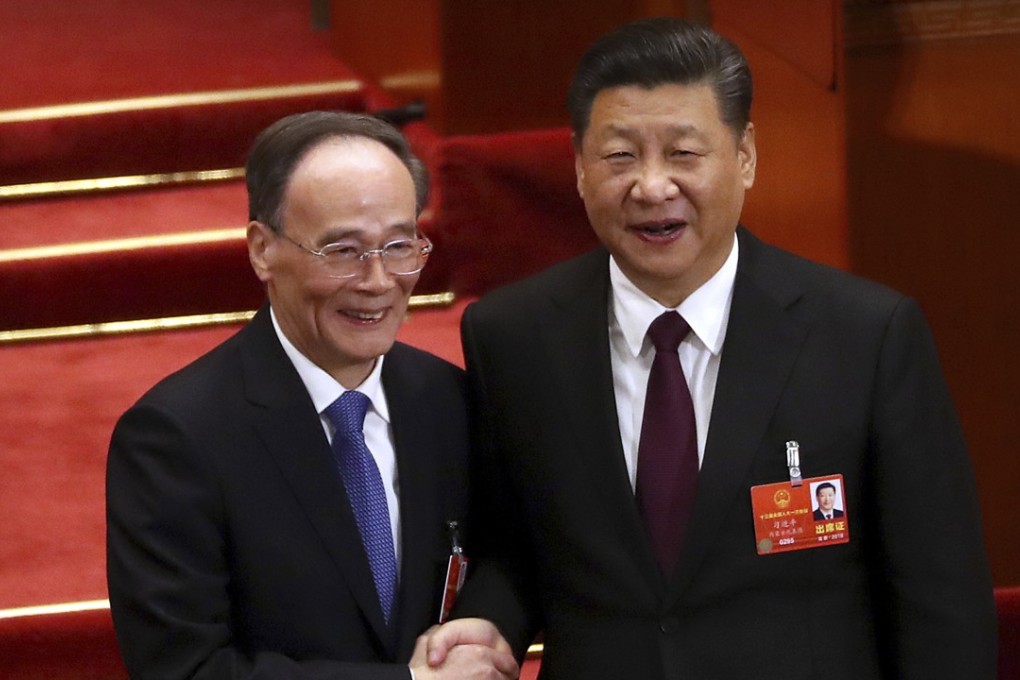China faces strong headwinds to mend ties with US after ‘missed opportunities’
- American academic Orville Schell says the two countries are now ‘in a very difficult position’
- Beijing failed to take chances to make relations more ‘reciprocal and balanced’ by engaging with ‘reasonable and logical’ people, he says

Beijing is facing strong headwinds to reverse tensions with Washington after missing “extremely good opportunities” to address problems in the past, according to a China scholar.
“We are now in a very difficult position. I don’t see either side trying to break the downward slide of bilateral relations,” said Orville Schell, Arthur Ross director of the Centre on US-China Relations at the Asia Society in New York.
“Over the last 10 to 15 years, China has missed extremely good opportunities to rebalance the relations without any catastrophic effects,” the American academic said on the sidelines of the Bloomberg New Economy Forum in Singapore.
Schell added that Beijing had not taken chances to make China-US relations more “reciprocal and balanced” by engaging with people who were seen as “reasonable and logical”, without elaborating.